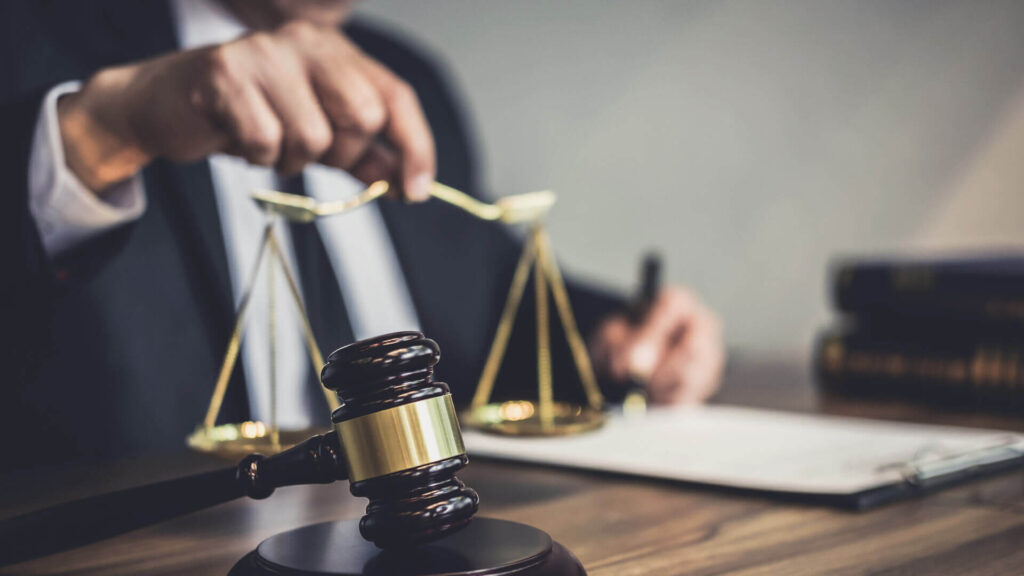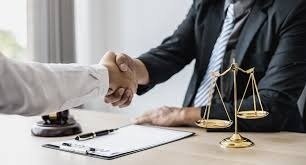Running a business in New York City is exciting, but it also comes with legal risks. Contracts can be breached, partnerships can fall apart, and commercial disputes can quickly become expensive lawsuits. When conflicts escalate, hiring the right Business Litigation Lawyer is one of the most important steps you can take to protect your company.
For businesses in New York, working with a trusted and experienced legal team like the Law Firm of Dayrel Sewell, PLLC can make all the difference when navigating complex disputes. If you are a business owner in New York, understanding when and how to hire a qualified attorney can make a major difference in the outcome of your case.
Why Businesses in Brooklyn Face Litigation
Brooklyn is home to startups, established corporations, real estate investors, and family owned enterprises. With that level of economic activity, disputes are common. Some of the most frequent business conflicts include:
- Breach of contract
- Shareholder and partnership disputes
- Commercial lease disagreements
- Business tort claims
- Intellectual property disputes
- Fraud or misrepresentation allegations
In a competitive market like New York, even small disagreements can quickly turn into formal legal actions. This is where a skilled business litigation attorney New York companies rely on becomes essential.
 Source: Techicy
Source: Techicy
When Should You Hire a Business Litigation Lawyer
Many business owners wait until they are officially served with a lawsuit. However, it is often smarter to involve a lawyer earlier.
You should consider hiring a Business Litigation Lawyer if:
- A contract has been violated
- You receive a legal demand letter
- A partner is acting against company interests
- Negotiations break down
- Your business faces potential liability
Early intervention allows your attorney to evaluate risks, preserve evidence, and build a strategic plan before the situation escalates.
What a Business Litigation Lawyer Does
A Business Litigation Lawyer handles disputes that may lead to court proceedings. Their responsibilities typically include:
- Reviewing contracts and agreements
- Analyzing financial records
- Drafting or responding to legal complaints
- Managing discovery
- Negotiating settlements
- Representing clients at trial
A knowledgeable business litigation attorney New York businesses trust will focus not only on legal arguments but also on protecting your company’s long term financial health and reputation.Choosing The Law Firm of Dayrel Sewell, PLLC ensures your case is managed with both expertise and business strategy.
Why Local Experience Matters
Commercial litigation in Brooklyn often proceeds through New York State Supreme Court or federal courts in the Eastern District of New York. Each court has specific rules and procedures.
Working with a reputable Brooklyn law firm provides an advantage because local attorneys understand:
- Court filing procedures
- Judicial expectations
- Local business regulations
- Regional litigation trends
The LAW FIRM OF DAYREL SEWELL, PLLC has built its practice around litigation and appellate advocacy in New York courts. Led by Dayrel S. Sewell, the firm represents businesses and individuals in complex commercial disputes. Having a litigation-focused firm on your side provides clarity and confidence during high-stakes legal battles.
 Source: Paul humbert law
Source: Paul humbert law
What to Expect During the Litigation Process
After hiring a Business Litigation Lawyer, the legal process usually follows several stages:
Initial Case Review
Your attorney evaluates documents, contracts, emails, and financial data to determine strengths and weaknesses.
Strategy Development
Not all cases go to trial. Sometimes mediation or negotiation produces faster and more cost effective results.
Filing or Responding to a Lawsuit
If you are bringing a claim, your lawyer files a complaint. If you are being sued, they prepare a defense.
Discovery
Both parties exchange documents and take depositions.
Resolution or Trial
Many cases settle before trial. If not, your attorney presents your case before a judge or jury.
Throughout this process, clear communication from your Brooklyn law firm is essential. You should always understand the risks, timelines, and potential outcomes.
How to Choose the Right Business Litigation Lawyer
Selecting the right attorney can directly impact your case. Consider these factors:
- Experience handling commercial disputes
- Familiarity with New York courts
- Strong courtroom presence
- Transparent communication
- Strategic thinking
An experienced business litigation attorney New York business owners trust will balance aggressive advocacy with practical business sense.The Law Firm of Dayrel Sewell, PLLC provides this combination of courtroom skill and business-focused legal guidance.
Conclusion
Hiring a Business Litigation Lawyer in Brooklyn is not just about responding to a lawsuit. It is about safeguarding your company’s future. Legal disputes can disrupt operations, damage reputations, and create financial strain. The right legal partner helps you navigate challenges strategically and confidently.
If your business is facing a dispute, do not wait until the situation worsens. Consulting a trusted Brooklyn law firm such as the LAW FIRM OF DAYREL SEWELL, PLLC can provide the guidance you need to protect your interests and move forward with strength. When your business is on the line, the right legal partner provides clarity, strategy, and confidence every step of the way.
FAQS
- What is a business litigation lawyer?
A business litigation lawyer is an attorney who represents companies in legal disputes. They handle issues like contracts, partnership conflicts, intellectual property, and commercial claims, providing guidance to protect your business in New York courts and ensure favorable outcomes. - What does a business litigation lawyer do?
A business litigation lawyer manages all aspects of commercial disputes. They review contracts, file or respond to lawsuits, conduct discovery, negotiate settlements, and represent clients in court. Their goal is to protect the company’s interests and minimize financial and reputational risk. - What is business litigation?
Business litigation is the process of resolving disputes between companies, partners, or business owners. It includes contract breaches, shareholder disagreements, commercial lease conflicts, or intellectual property claims. Litigation may involve negotiation, arbitration, or courtroom proceedings to achieve resolution. - When should I hire a business litigation lawyer?
You should hire a business litigation lawyer as soon as a dispute cannot be resolved internally, such as a contract breach, partnership conflict, or shareholder disagreement. Early involvement helps preserve evidence, assess risks, and develop a strategy to protect your business. - How can a business litigation lawyer help my business?
A business litigation lawyer safeguards your company’s finances, reputation, and operations. They provide advice on strategy, evaluate risks, negotiate settlements, and represent you in court, ensuring your business rights are protected while resolving disputes efficiently and effectively.


















